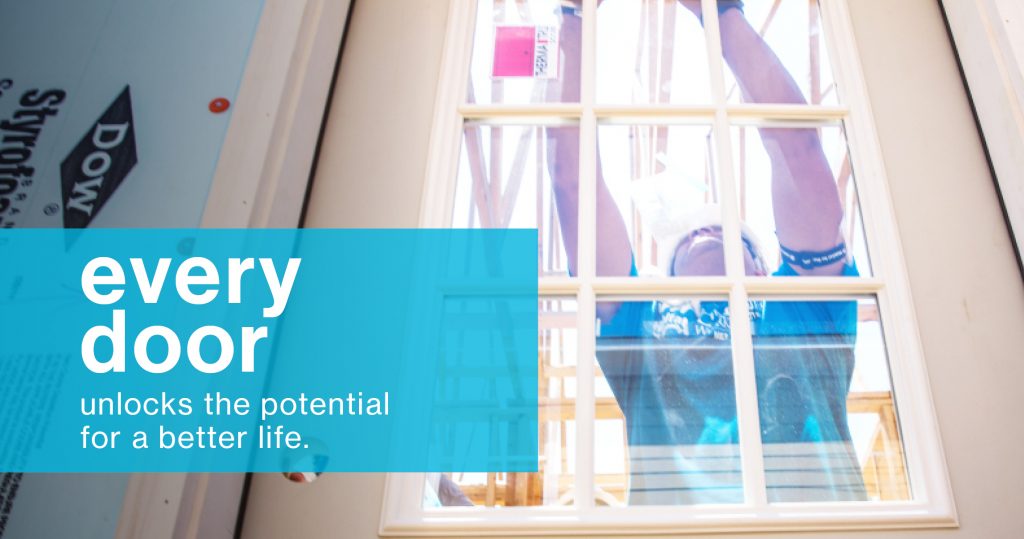Health and housing are interconnected. This link has grown from the widespread adoption of public health practices to combat communicable diseases. As populations soared in numbers and more nations prospered, the gap in positive health outcomes between populations became much more apparent and more difficult to ignore.
Today there is a growing consensus that avoidable health inequalities can best be tackled through addressing the root causes of these problems. The root causes of health inequalities are known as the social determinants of health. Health follows a social gradient, with health problems leaning heavily on the lower end of the income scale. This can be observed in every country in the world – higher social status translates to better health outcomes.
Among the several social determinants of health is a topic Habitat is very familiar with, housing. Housing is considerably important to a person’s health. According to Reach3’s 2010 report on Housing Vulnerability and Health, the lack of access to healthy housing intensifies health inequities. Substandard housing has been linked to several chronic diseases, like asthma, obesity and type two diabetes across all age groups.
Housing directly affects quality of life, and can alleviate disparities in other areas. In Mississauga alone, housing takes up more than 30 per cent of a household’s income in one in three families. Habitat offers no down payment, zero-interest mortgages geared to a maximum of 30 per cent of a household’s income. This ensures families are able to cover their basic needs like food and clothing comfortably. Safe and affordable housing is on a continuum, Habitat operates on the last stop of the continuum – home ownership.
Affordable housing that is safe and decent has the power to change health trajectories of entire communities. A number of studies show that individuals living in stable housing environments are likely to experience less stress and anxiety, engage in more physical activity, and report an improvement in health. They are also more likely to fill their prescriptions on time, follow doctor’s recommendations, and have less doctor’s appointments or hospital visits.
These benefits not only improve the lives of the individuals in better housing, but also reduce the load on the already taxed healthcare system.
Despite all this, social programs are only receiving one-third of the amount of funding given to healthcare. This suggests that if social services received an additional cent to every dollar spent on healthcare there would be an improvement in both life-expectancy and mortality across Canada.
As individuals, its very difficult to influence a provincial budget to put more money into social services. We can, however, invest in Habitat for Humanity Halton-Mississauga. If you believe in providing more houses to families and individuals, give to Habitat. Donations to our affiliate are like investments into the long-term health of our community.
Habitat for Humanity has contributed to improving the health and well-being of our partner families, who in turn contribute to the well-being of their communities. Habitat families report higher community engagement after moving into a Habitat home. Further, for every dollar donated to Habitat, we generate a net social benefit of $4. We work within the affordable housing continuum and provide a hand up to families and individuals to home ownership. With your contribution and partnership, we can build healthy communities and end health inequity.
To find out more about ways you can help Habitat for Humanity Halton-Mississauga make a difference in the community, follow this link.

